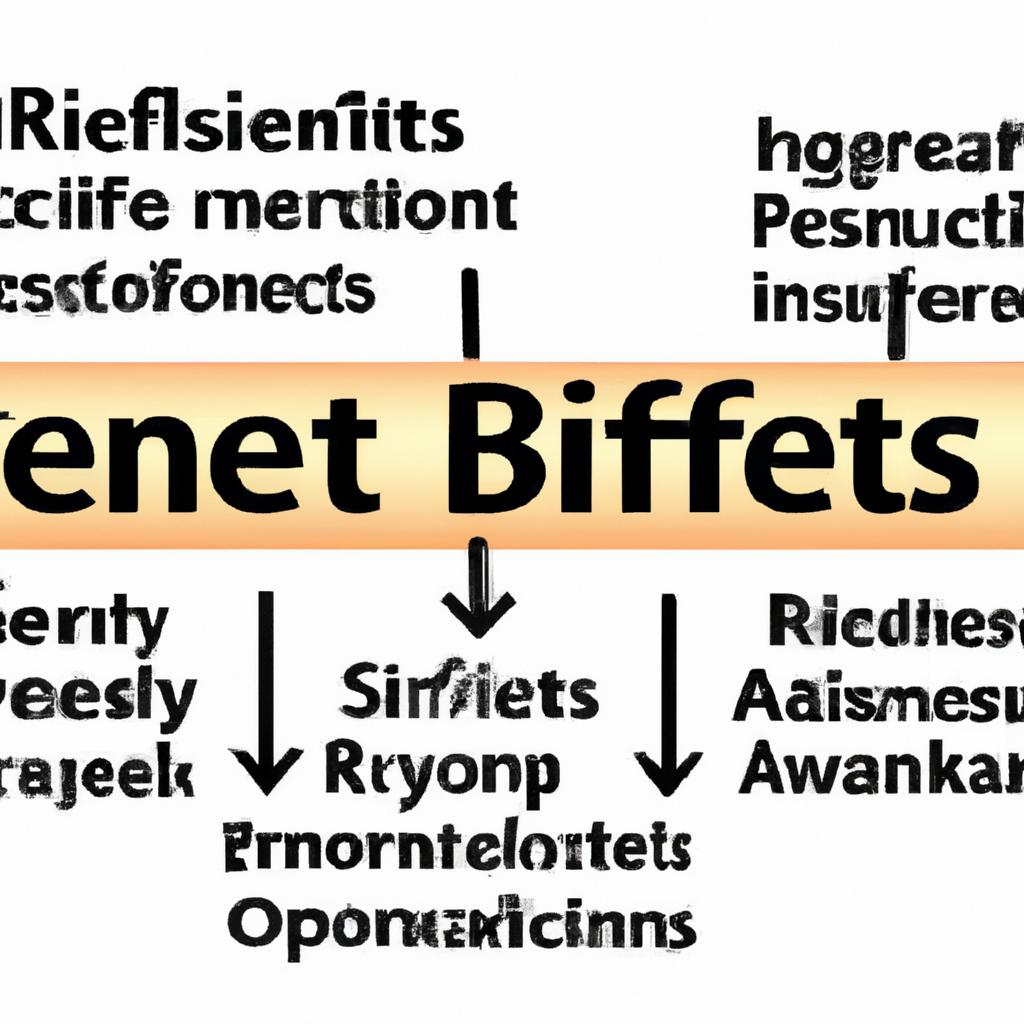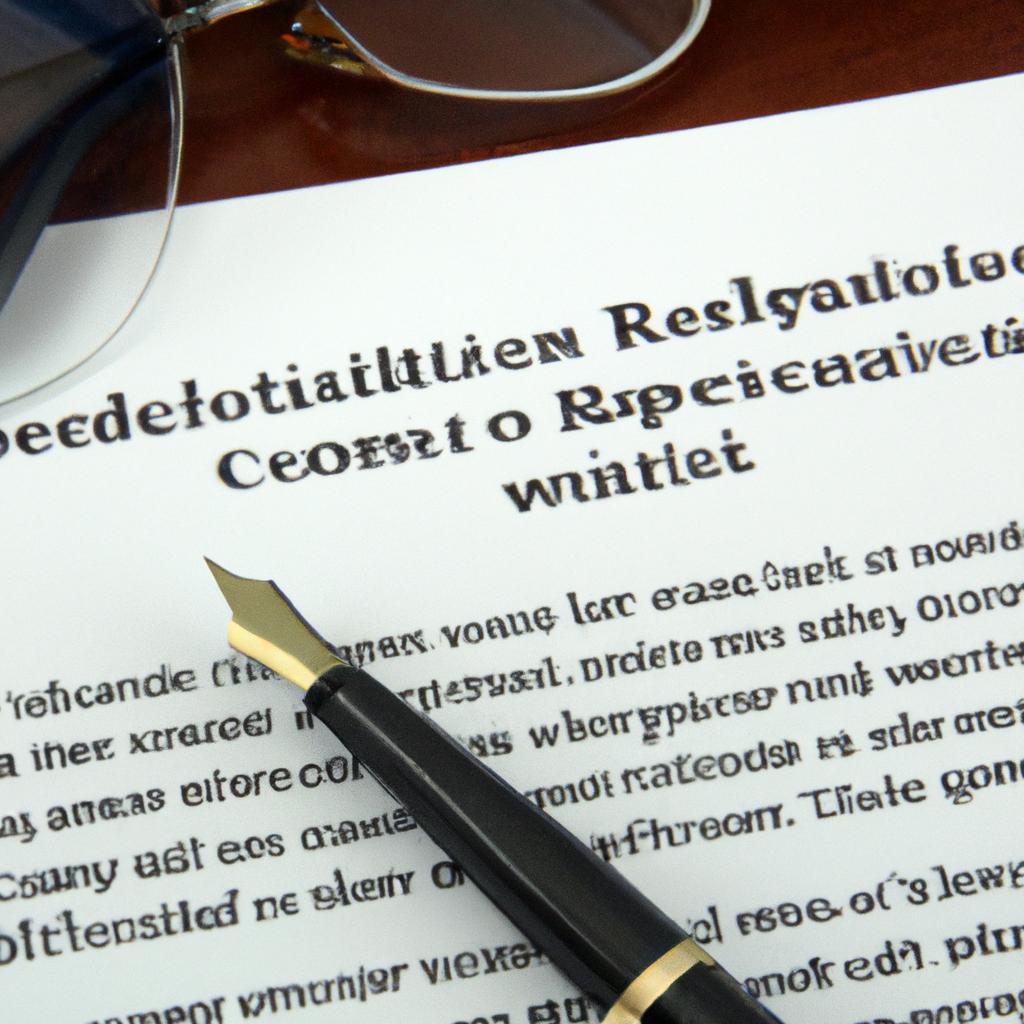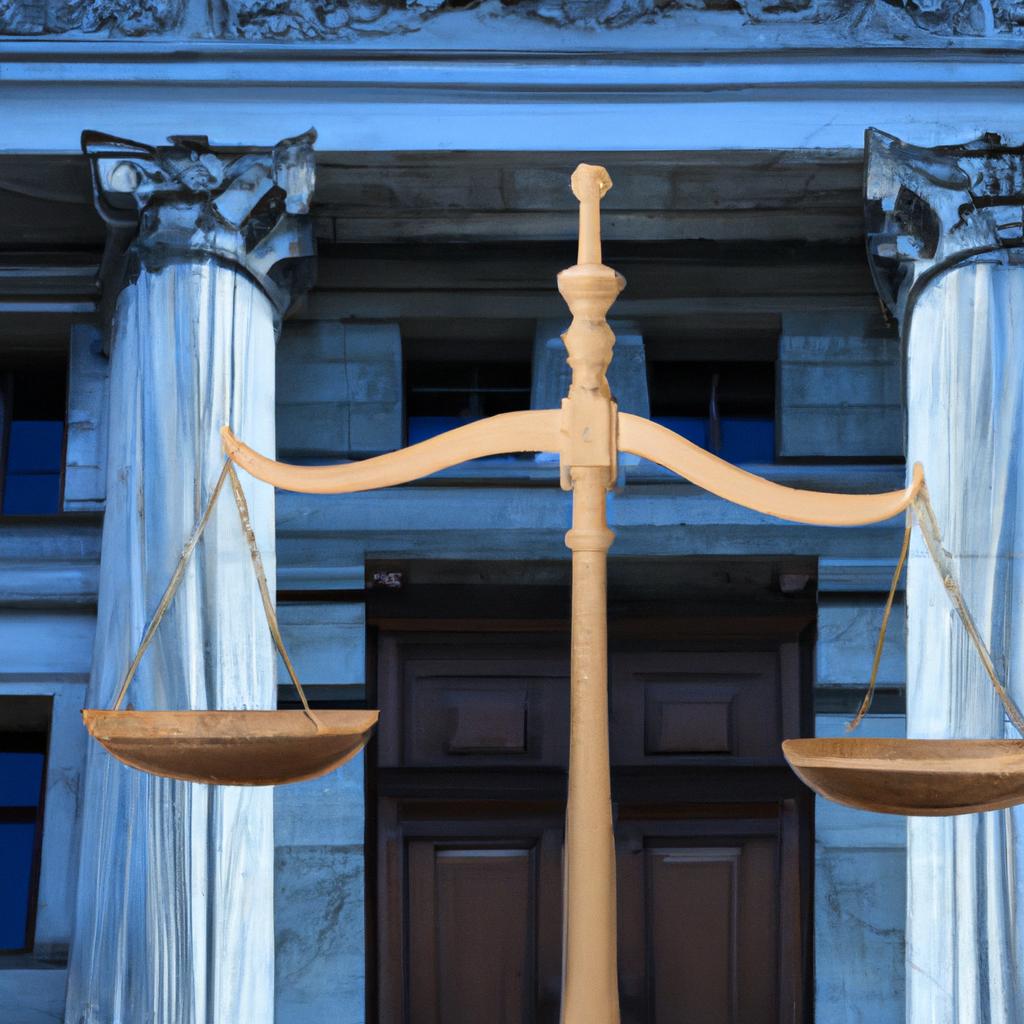In the realm of estate planning, the concept of reciprocal wills often arises as a strategic tool for individuals seeking to ensure their assets are distributed according to their wishes upon their passing. Defined as wills that mirror one another in their provisions, reciprocal wills play a critical role in the execution of a comprehensive estate plan. As experienced practitioners in the field of law, particularly in the areas of estate planning, probate, elder law, Wills, and trusts, the experts at Morgan Legal Group in New York City are well-equipped to delve into the intricacies of reciprocal wills and their implications for effective estate management. Join us as we explore the nuances of reciprocal wills and unravel their significance in the realm of estate planning.
Understanding the Concept of Reciprocal Wills
Reciprocal wills, also known as mutual wills, are a type of estate planning arrangement where two individuals, typically a married couple, agree to leave their assets to each other upon death. This agreement is legally binding and ensures that the surviving spouse receives the deceased spouse’s assets as per their wishes. In the event that both spouses pass away, reciprocal wills may also outline who will inherit the assets after their deaths.
It is important to note that reciprocal wills are not the same as joint wills, where both parties sign a single document outlining their wishes. Reciprocal wills are separate legal documents that mirror each other’s provisions. These types of wills can be a useful tool for couples who wish to ensure that their assets are distributed according to their wishes and can provide peace of mind knowing that their spouse is taken care of after their passing.

Key Features of a Reciprocal Will Agreement
When entering into a reciprocal will agreement, there are several key features that should be carefully considered by parties involved:
- Mutual Wills: Reciprocal wills are typically mutual in nature, meaning that each party agrees to leave their assets to the other in the event of their passing.
- Simultaneous Death Clause: It is important to have a provision in place to address the scenario where both parties pass away simultaneously, ensuring that their assets are distributed according to their wishes.
- Revocation: Parties must understand that a reciprocal will agreement can be revoked at any time by either party, so it is crucial to regularly review and update the terms as needed.
In addition to these key features, parties entering into a reciprocal will agreement should also consider including provisions for:
- Appointment of Executor: Designating a trusted individual to oversee the probate process and ensure that the terms of the will are carried out properly.
- Contingent Beneficiaries: Naming alternate beneficiaries in the event that the primary beneficiaries predecease the testators.
- Guardianship Provisions: Providing for the care and custody of minor children or dependents in the event that both parties pass away.

Benefits and Risks Associated with Reciprocal Wills
Reciprocal wills, also known as mirror wills, are a type of estate planning tool commonly used by married couples. These wills are nearly identical and typically mirror each other in terms of the distribution of assets. One of the main benefits of reciprocal wills is the peace of mind they can provide to both partners, knowing that their assets will be distributed according to their wishes after they pass away.
However, there are also risks associated with reciprocal wills. One potential risk is that if one partner changes their will without the other’s knowledge, it could lead to unintended consequences upon their death. Additionally, if one partner passes away and the surviving partner remarries, there may be conflicts over the distribution of assets between the new spouse and the children from the previous marriage.

Considerations When Drafting a Reciprocal Will Agreement
When considering drafting a reciprocal will agreement, there are several key factors to keep in mind to ensure that the document accurately reflects the wishes of both parties involved. It is crucial to carefully outline the assets to be included in the will, ensuring that all properties, investments, and personal belongings are clearly identified and accounted for. Additionally, both parties should agree on the beneficiaries of the will, including any family members, friends, or charitable organizations that will receive distributions.
Furthermore, it is important to establish provisions for contingencies such as the death of one party before the other, as well as potential changes in circumstances or relationships. Both parties should also consider appointing an executor to administer the will and make decisions regarding the distribution of assets. Finally, it is advisable to seek legal advice from an experienced estate planning attorney to ensure that the reciprocal will agreement complies with all legal requirements and effectively carries out the intentions of the parties involved.
Q&A
Q: What is a reciprocal will?
A: A reciprocal will is a legal document created by two individuals, typically spouses or partners, in which they leave all or a portion of their assets and property to each other.
Q: Can a reciprocal will be changed or revoked?
A: Yes, a reciprocal will can be changed or revoked at any time by either party as long as they are of sound mind and meet the legal requirements for creating a new will.
Q: What happens if one person in a couple with a reciprocal will dies?
A: If one person in a couple with a reciprocal will dies, the surviving spouse or partner will typically inherit the assets and property that were designated in the will.
Q: How does a reciprocal will differ from a traditional will?
A: A reciprocal will differs from a traditional will in that it is created by two individuals who leave their assets to each other, whereas a traditional will is typically created by an individual who designates beneficiaries to inherit their assets.
Q: Is a reciprocal will legally binding?
A: Yes, a reciprocal will is legally binding as long as it meets the necessary legal requirements for wills in the jurisdiction in which it was created. It is important to consult with a legal professional to ensure that the reciprocal will is valid and enforceable.
In Summary
In conclusion, a reciprocal will is a legal document that allows a couple to leave their assets to each other in the event of one spouse’s passing, with provisions for their beneficiaries once both partners have passed away. By understanding the intricacies of reciprocal wills, couples can ensure that their wishes are carried out and their loved ones are taken care of. If you are considering creating a reciprocal will, be sure to consult with an estate planning attorney to ensure that your wishes are properly documented and protected.
 What is a Reciprocal Will: A Comprehensive Guide
What is a Reciprocal Will: A Comprehensive Guide
When it comes to planning for the future, most of us are familiar with the concept of a will. It is a legal document that outlines how a person’s assets and possessions will be distributed after their death. But have you ever heard of a reciprocal will? It may sound a bit unfamiliar, but it is an important legal tool that can have a great impact on a person’s estate planning. In this article, we will dive deep into the concept of a reciprocal will, its purpose, and the key elements that one needs to consider when creating one.
What is a Reciprocal Will?
A reciprocal will is a type of will that is made by two individuals, usually spouses or domestic partners, which mirrors each other’s terms. In simple terms, it is a will for couples that reflects their mutual agreement on how their assets will be distributed after their deaths. These two separate wills contain identical terms, and each party leaves their assets to the other person.
Unlike a joint will, where both parties are bound by the terms and cannot make any changes without the other’s permission, a reciprocal will allows both parties to make changes to their own respective wills. This means that if one of the parties dies, their will can be modified without the permission of the surviving partner.
The Purpose of a Reciprocal Will
The main purpose of a reciprocal will is to ensure that both parties agree on how their assets will be distributed after they both pass away. It offers a level of reassurance and comfort to both parties, knowing that their assets will be taken care of, and their wishes will be respected. It is also a way to avoid conflict and potential disputes among family members after the death of the couple.
Another important aspect of a reciprocal will is that it creates a sense of fairness and equality between the two parties. This is especially important for people who have children from previous relationships. By creating a reciprocal will, both parties can ensure that their children will receive an equal share of their assets, regardless of who dies first.
Key Elements of a Reciprocal Will
Creating a reciprocal will requires careful consideration of several key elements to ensure that it is legally binding and covers all crucial aspects of the couple’s estate planning. These include:
1. Identifying the parties involved
The first step in creating a reciprocal will is to identify the parties involved. This includes their full names, addresses, and other identifying information. It is also important to specify the relationship between the two parties.
2. Outlining how assets will be distributed
The core purpose of a reciprocal will is to determine how assets will be distributed after the death of both parties. The will should clearly specify which assets will go to which person, including any specific bequests or gifts.
3. Appointing an executor
An executor is a person responsible for managing the estate after the death of the individual. In a reciprocal will, each party appoints an executor to handle their respective assets. It is important to choose someone who is trusted and responsible to ensure that the wishes of the deceased are carried out.
4. Contingency planning
In case both parties pass away at the same time, contingency planning should be included in the reciprocal will. This can include appointing a guardian for minor children or a trustee for any trusts that are created.
Benefits and Practical Tips for Creating a Reciprocal Will
Creating a reciprocal will has several benefits, making it a popular choice for couples who want to ensure mutual protection and fairness in their estate planning. These benefits include:
1. Avoids disputes and conflicts
A reciprocal will can help avoid potential disputes and conflicts among family members after the death of both parties. By clearly outlining how assets will be distributed, it reduces the chances of disagreements over who gets what.
2. Flexibility and control
Unlike a joint will, where both parties are bound by the terms, a reciprocal will offers flexibility and control. This means that both parties can make changes to their own wills without the consent of the other party.
3. Protects the interests of children
For couples with children from previous relationships, a reciprocal will can ensure that their children will receive an equal share of their assets. This provides peace of mind and reassurance that their children will be taken care of, even after their death.
When creating a reciprocal will, it is important to seek the help of a legal professional to ensure that all legal requirements are met. Here are some practical tips to keep in mind:
1. Seek legal advice
A reciprocal will involves complex legal processes, and seeking the help of a legal professional is essential to ensure that all legal requirements are met. They can guide you through the process and provide expert advice on any specific needs or concerns.
2. Update your wills regularly
Life is unpredictable, and it is important to review and update your reciprocal wills regularly. Major life events like marriage, divorce, or the birth of a child may require changes in the terms of the will.
3. Discuss and agree on the terms with your partner
Before creating a reciprocal will, it is crucial to sit down with your partner and discuss the terms of the will. Both parties should be in agreement to avoid any potential conflicts in the future.
Case Studies and Firsthand Experience
To understand the significance of a reciprocal will, here is a brief case study of a couple who failed to create one:
John and Sarah were married for 10 years and had two children together. John had two children from his previous marriage as well. They agreed to leave all their assets to each other, with the understanding that their children would receive an equal share. However, when John passed away, Sarah changed her will, and their children were left with nothing from John’s side of the estate. This led to a vicious legal battle between John’s children and Sarah, tearing the family apart.
This case highlights the importance of having a reciprocal will to ensure that each party’s wishes are respected and their interests are protected.
In conclusion, a reciprocal will is an important legal document for couples who want to ensure mutual protection, fairness, and control over their estate planning. By considering the key elements and seeking the help of a legal professional, couples can create a reciprocal will that reflects their mutual agreement and provides peace of mind for themselves and their loved ones.

